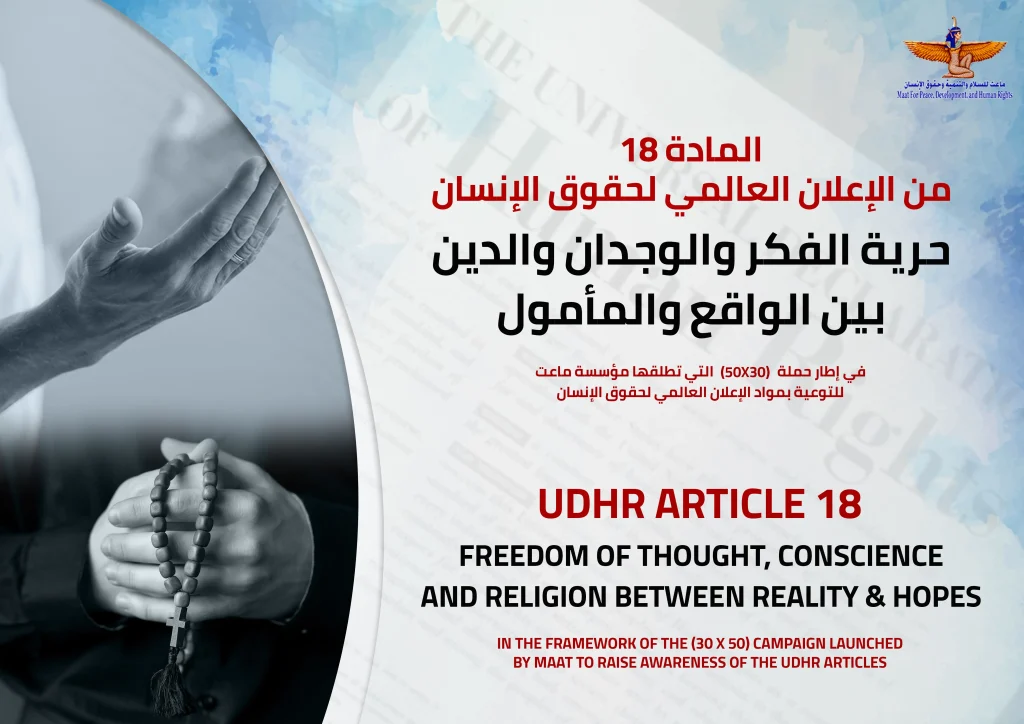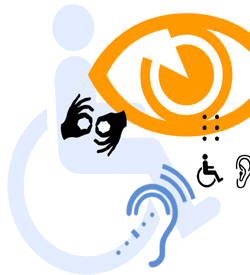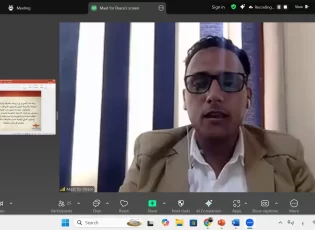Adopted and offered for signature, ratification and accession pursuant to United Nations General Assembly Resolution 4 Fifty-fourth session of October 9, 1999
The date of entry into force is December 22, 2000, in accordance with the provisions of Article 16
The States Parties to this Protocol,
Noting that the Charter of the United Nations reaffirms faith in fundamental human rights, in the dignity and worth of the human person, and in the equal rights of men and women,
Noting that the Universal Declaration of Human Rights proclaims that all human beings are born free and equal in dignity and rights, and that every human being has the right to enjoy all the rights and freedoms contained therein, without any discrimination of any kind, including discrimination based on sex,
Recalling that the International Covenants on Human Rights and other international human rights instruments prohibit discrimination on the basis of sex,
Also recalling that the Convention on the Elimination of All Forms of Discrimination Against Women (“the Convention”), in which States parties condemn discrimination against women in all its forms and agree to pursue a policy of eliminating discrimination against women by all appropriate means and without delay,
Reaffirming its determination to ensure the full and equal enjoyment by women of all human rights and fundamental freedoms, and to take effective measures to prevent any violations of these rights and freedoms,
Have agreed as follows:
Article 1
The State Party recognizes to this Protocol (“the State Party”) the competence of the Special Committee on the Elimination of Discrimination against Women (“the Committee”) to receive and consider communications submitted to it in accordance with Article Two.
Article 2
Communications may be submitted by individuals or groups of individuals, or on their behalf, under the jurisdiction of a State Party, in which they claim to be victims of a violation of any of the rights contained in the Convention by that State Party. Where the notification is submitted on behalf of individuals or groups of individuals, it must be done with their consent, unless the author of the notification can justify his act on their behalf without such consent.
Article 3
Communications must be in writing and may not be anonymous. The Committee may not receive any notification if it concerns a state party to the convention, but it is not a party to this protocol.
Article 4
1 - The committee does not consider the notification unless it verifies that all available local remedial measures have been exhausted, and unless the application of these remedial measures is unreasonably prolonged, or when it is unlikely to achieve an effective remedy.
2 - The committee declares that the notification is not acceptable in the following cases:
(1) If the committee has previously studied the same issue, or if it was studied in the past, or is currently under study, under another procedure of international investigation or settlement.
(2) If it is inconsistent with the provisions of the agreement.
(3) If it is found to be unfounded or unsupported by sufficient evidence.
(4) If it constitutes an abuse of the right to submit a notification.
(5) If the facts that are the subject of the notification occurred before the entry into force of this Protocol for the State Party concerned, unless those facts continued after that date.
Article 5
1 - The committee may, at any time after receiving the notification, and before deciding on it on the basis of its merits, transmit to the State Party concerned an urgent request to take necessary interim measures to avoid the possibility of irreparable harm to the victim or victims of the alleged violation.
2 - In cases where the committee exercises discretionary authority under paragraph (1), this does not mean, by implication, that it decides on the admissibility of the notification or its merit in an objective and impartial manner.
Article 6
1 - Unless the committee considers the notification inadmissible without referring it to the concerned state party, and provided that the individual or individuals agree to reveal their identity to that state party, the committee must inform the state party in a confidential manner of any notification submitted to it under this protocol.
2 - The receiving State Party shall submit to the Committee, within six months, written explanations or statements clarifying the issue and the treatment, if any, that could have been provided by that State Party.
Article 7
1 - The Committee shall consider the notifications it receives under this Protocol, in light of all information provided to it by or on behalf of individuals or groups of individuals, and by the State Party, provided that this information is transferred to the parties concerned.
2 - The Committee shall hold closed meetings when examining the notifications submitted under this Protocol.
3- After examining the notification, the committee will transmit its views on it, along with its recommendations, if any, to the parties concerned.
4 - The State party carefully examines the views of the Committee, as well as its recommendations, if any, and shall submit to it, within six months, a written response, including information on any action taken in light of the Committee's views and recommendations.
5 - The Committee may invite the State party to provide more information about any measures taken by the State party in response to its views or recommendations, if any, including what the Committee considers appropriate, in subsequent reports of the State party submitted under Article 18 of the Convention.
Article 8
1 - If the Committee receives reliable information indicating serious or systematic violations of the rights contained in the Convention by the State party, the Committee shall invite the State Party to cooperate with it in examining the information, and to this end shall submit notes regarding the relevant information. .
2 - The committee may, after taking into account any observations that may be submitted by the concerned state party, as well as any other reliable information available to it, to designate one or more of its members to conduct an investigation and submit an urgent report to the committee. The investigation may include a visit to the territory of the State Party, if permission is obtained to do so, and after the approval of the State Party concerned.
3 - After examining the results of this investigation, the committee will transmit these findings to the State Party concerned, together with any comments and recommendations.
4 - The State Party concerned must submit its observations to the Committee within six months of receiving the findings, comments and recommendations transmitted to it by the Committee.
5 - This investigation must be kept confidential, and the cooperation of that State Party must be requested in all stages of the proceedings.
Article 9
1 - The Committee may invite the State Party concerned to include in its report submitted under Article 18 of the Convention details of any measures taken in response to the investigation conducted under Article 8 of this Protocol.
2 - The committee may, if necessary, and after the end of the six-month period referred to in Article 8 (4), invite the State Party concerned to inform it of the measures taken in response to such an investigation.
Article 10
1 - Each State Party may, upon signing, ratifying or acceding to this Protocol, declare that it does not recognize the competence of the Committee provided for in Articles 8 and 9.
2 - Any state party that has made a declaration in accordance with the first paragraph of this article may, at any time, withdraw this declaration by submitting a notification to the Secretary-General.
Article 11
The State Party shall take all appropriate steps to ensure that individuals within its jurisdiction are not exposed to ill-treatment or intimidation as a result of their contact with the Committee under this Protocol.
Article 12
The Committee shall include in its annual report submitted under Article 21 of the Convention a summary of its activities under this Protocol.
Article 13
Each State Party undertakes to make the Convention and this Protocol widely known, to publicize them, and to facilitate the process of obtaining information on the Committee's opinions and recommendations, especially on matters related to that State Party.
Article 14
The committee shall prepare its own rules of procedures, which shall be followed when performing the tasks assigned to it by the Protocol.
Article 15
1 - This Protocol shall be open for signature by any country that has signed, ratified, or acceded to the Convention.
2 - This protocol is subject to ratification by any country that has ratified or acceded to the convention. The instruments of ratification shall be deposited with the Secretary-General of the United Nations.
3 - This Protocol is open for accession to any country that has ratified or acceded to the convention.
4 - Accession shall take effect by depositing the instrument of accession with the Secretary-General of the United Nations.
Article 16
1 - This Protocol shall enter into force three months after the date of deposit of the tenth instrument of ratification or accession with the Secretary-General of the United Nations.
2 - For every country that ratifies or accedes to this Protocol after its entry into force, this Protocol shall enter into force three months after the date on which it deposited its instrument of ratification or accession.
Article 17
No reservations are permitted on this protocol.
Article 18
1 - Any State Party may propose an amendment to this Protocol and deposit it with the Secretary-General of the United Nations. Accordingly, the Secretary-General informs the States Parties of any proposed amendments, asking them to inform him of whether they favor a conference of States Parties in order to study the proposal and vote for it. In the event that at least one-third of the states parties choose to hold such a conference, the Secretary-General shall convene it under the auspices of the United Nations. Any amendment adopted by a majority of the States Parties that attend and vote in the conference shall be submitted to the United Nations General Assembly for approval.
2 - Amendments shall take effect when approved by the General Assembly of the United Nations and are accepted by the States Parties to this Protocol by a two-thirds majority, in accordance with the constitutional processes in each of them.
3 - When the amendments come into effect, they become binding on the States Parties that have accepted them, while other States Parties remain bound by the provisions of this Protocol, and any previous amendments that they have accepted.
Article 19
1- Any State Party may express its desire to renounce this Protocol, at any time, by written notification addressed to the Secretary-General of the United Nations. Withdrawal from the Protocol shall take effect six months after the date on which the notification was received by the Secretary-General.
2 - This Protocol shall be discarded without prejudice to the right to continue applying its provisions to any notification submitted under Article Two, or any investigation initiated under Article 8, prior to the effective date of the formal withdrawal.
Article 20
The Secretary-General of the United Nations informs all states of the following:
(A) Signatures, ratifications and accessions that take place under this Protocol.
(B) The date of entry into force of this Protocol and any amendment thereto made under Article 18.
(C) Any withdrawal from the Protocol under Article 19.
Article 21
1- This Protocol, whose Arabic, Chinese, English, French, Russian and Spanish texts enjoy the same degree of reliability, shall be deposited in the United Nations archive.
2 - The Secretary-General of the United Nations shall send certified copies of this Protocol to all the countries referred to in Article 25 of the Convention.
shortlink: https://maatpeace.org/en/?p=29225










